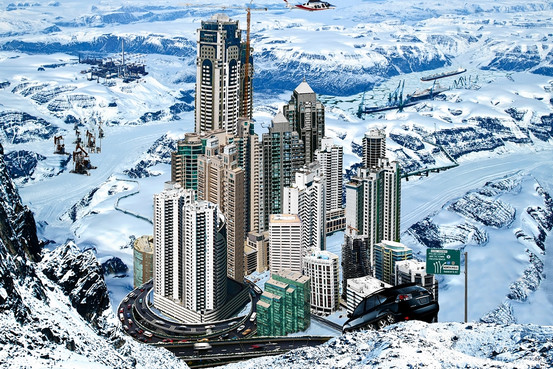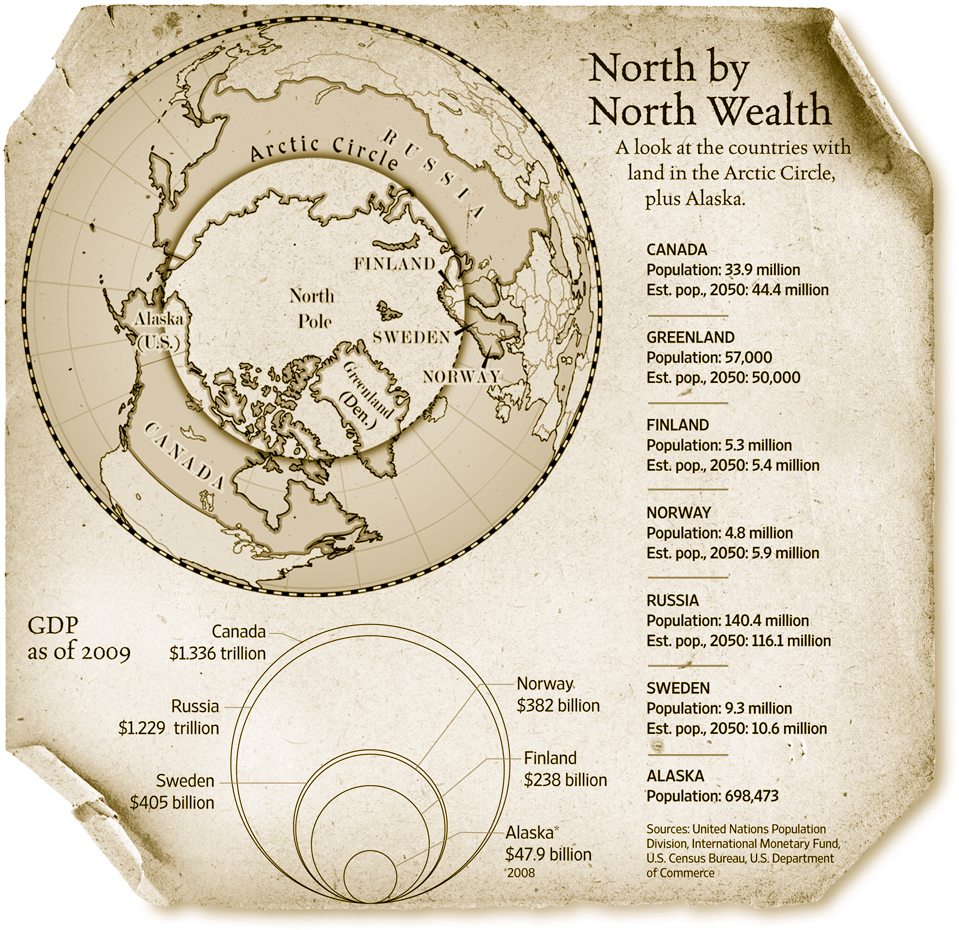Esquire's Politics Blog: Who Should Worry About the Tunisia Fallout, Really?
 Wednesday, January 19, 2011 at 8:23AM
Wednesday, January 19, 2011 at 8:23AM 
Details of the downfall of Tunisia's longtime strong man Zein el-Abidine Ben Ali are familiar enough: The spark that triggers the street-level explosion of social anger (a young man, hassled by the government for his pathetic gray-market activities, decides Plan B is to set himself on fire); the frantic government attempts at crackdown (close school!); only to be followed by the offering of sacrificial lambs (take my minister — please!); and, finally, the embarrassing departure of the big man himself. At this point, the rump government is throwing anything it can into the angry fire, hoping it will burn itself out. And the "unity" government doesn't seem to be doing much better.
With any such revolution (color this one green — as in money, despite all the Iran-esque web chatter), there is the temptation to read into it all sorts of larger meaning. This time around, I think the best route is simply to note which parties — outside of Tunisia — should be made supremely nervous by the unfolding events. With the possible exception of Crazy Qaddafi....
Read the entire post at Esquire's The Politics Blog.

 China,
China,  Middle East,
Middle East,  global warming | in
global warming | in  Esquire Politics Blog |
Esquire Politics Blog |  Email Article |
Email Article |  Permalink |
Permalink |  Print Article
Print Article 

















